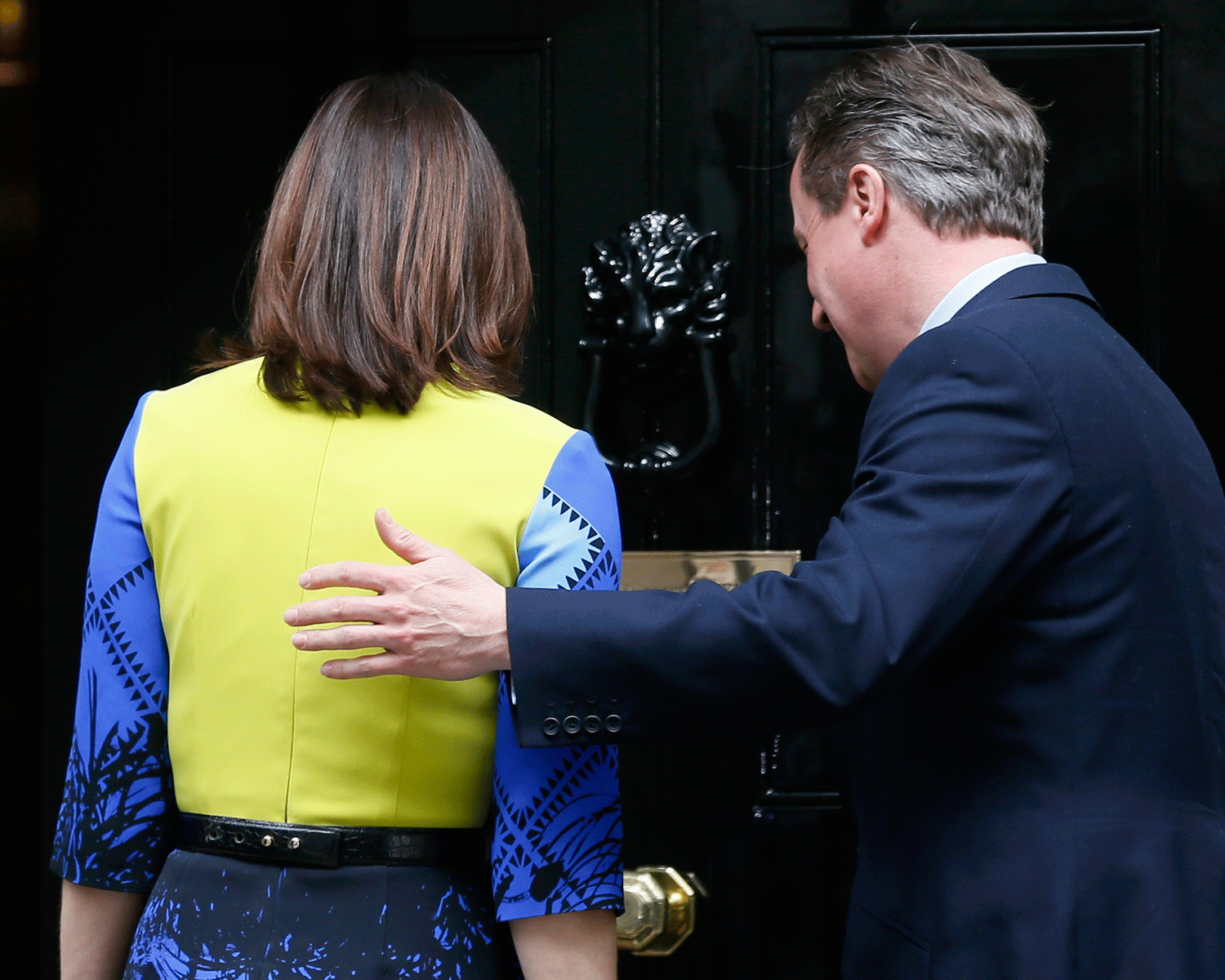Say goodbye to your private life
Technology is driving us towards a world of total transparency


Five years ago I heard a software billionaire speak at a seminar organised by Downing Street. It was a riveting discussion, but one thing in particular stuck in my mind: his warning that privacy would be dead within little more than a decade. The thoughtful entrepreneur was not saying this was good or bad, merely an inevitable legacy of the unfurling technology revolution. His message was that citizens, businesses and governments should prepare for a world of total transparency.
This sounds like science fiction, some dystopian vision of the future from a Hollywood script writer. Yet the news in recent days has been dominated by three stories that underscore some truth in that warning. The least important was a famous father taking out a super-injunction to keep news of an alleged threesome out of British headlines. He is a rich celebrity, able to afford costly lawyers to get strict restrictions on the media imposed by a judge. Yet anyone could find his name in seconds with a swift search of social media, underlining the futility of heavy-handed attempts to prevent bad news seeping around the planet these days.
Far more important were the Panama Papers, giving another glimpse into the sordid sphere of super-rich tax dodgers and their scavenger advisers. An astonishing 11.5 million documents were leaked, dwarfing the levels of data exposed in similar recent incidents involving Luxembourg tax files and HSBC’s secret Swiss accounts. The ramifications rippled around the world from Argentina to Zimbabwe, highlighting the fragility of secrecy even for those prepared to pay vast sums to hide their wealth from prying eyes. And yes, it is great to see those gilded walls come tumbling down.
This was just a single firm in a solitary tax haven. Yet it has already brought down one prime minister and caused embarrassment for another. The result was David Cameron issuing his tax return on Saturday, the third of these linked tales. This is, without doubt, a significant change for British politics. Already Jeremy Corbyn is promising to publish his financial details and, with bovine inevitability, suggesting all politicians and public figures should do likewise.Scottish leaders have already done so. An arms race of disclosure has begun, which is likely to deter more good people from public life.
Perhaps we will end up like those Scandinavian countries that publish everyone’s income and tax declarations. It is not necessarily a bad thing to break British bashfulness over financial concerns since it would help identify tax dodgers, thieves and hypocrites and might assist in tackling intractable issues such as boardroom greed and the gender pay divide. Yet it is also one more way in which the digital age is chipping away at privacy; even an army of intruders, after all, could not have removed a fraction of those devastating documents from Mossack Fonseca’s office.
Yet the internet and technology revolution remains in its infancy, despite the way it is disrupting one industry after another with such dramatic consequences. The iPhone is not yet ten years old but already we are moving beyond smartphones to the Internet of Things. We will have cars that drive themselves, fridges that restock their contents, clothes monitoring our health, shoes nagging us about fitness. One leading consultancy estimates there are 6.4 billion connected devices already in use, with 5.5 million more joining global networks each day. In just four years, it predicts 20.8 billion linked machines. Anyone attempting to analyse the ultimate impact is simply writing science fiction.
Many advances will benefit humankind by saving energy, conserving supplies, reducing accidents, aiding health and improving safety - just as political openness about personal finances is ultimately democratic. When everyone’s lives lie exposed online, it might ultimately lead to more tolerance for other people’s foibles and proclivities, for all the trolls currently polluting social media. Yet if privacy is really being eradicated this heralds a huge change in the human condition, one with which we have barely begun to grapple. Tussles over unlocking a terrorist’s smartphone, deleting offensive Twitter accounts and erasing indiscretions from Google searches are just early skirmishes in a struggle to redefine relationships with each other, the state and businesses that control the data.
Privacy, after all, is defined as a fundamental human right, protected by laws dating back to the fourteenth century in this country and enshrined by international convention. Yet already our movements can be tracked by our phones, while with each click on the computer we give away personal information. Soon sensors will be everywhere and machines will monitor us at all times - and transparency, while fundamentally a positive force, comes with a heavy price. We should not just fear Big Brother or the behemoths of Silicon Valley; in the evolving world, similar powers could belong to groups of ordinary people as privacy dissolves and the power of connectivity grows.
That technology titan said something else memorable in his talk: that hypocrisy is not always a bad thing. He pointed to historical events such as the Northern Irish peace process that needed the cloak of secrecy at the start. Academics have also pointed to the need for personal space to develop our characters, evolve our ideas, extend our friendships and explore our relationships. Certainly the idea of living in a world devoid of privacy is challenging, to put it mildly. So by all means celebrate the exposure of sleazy tax dodgers and extension of political transparency. Yet at the same time, ponder far more the full implications of living in an age of full disclosure.
Join our commenting forum
Join thought-provoking conversations, follow other Independent readers and see their replies
Comments